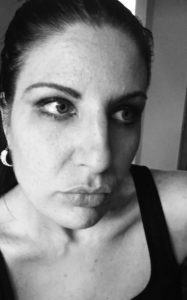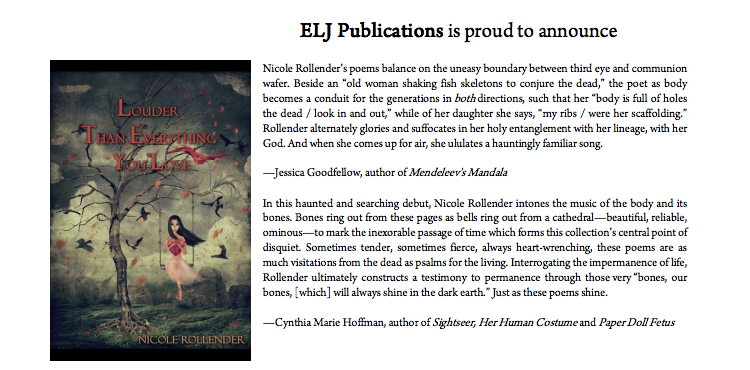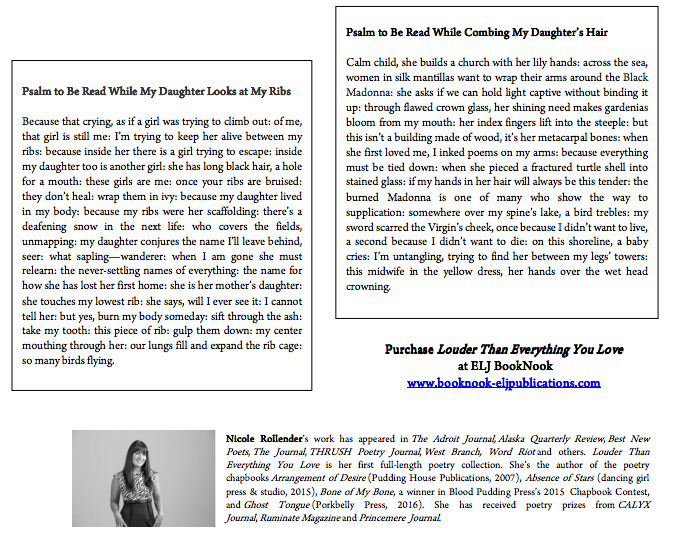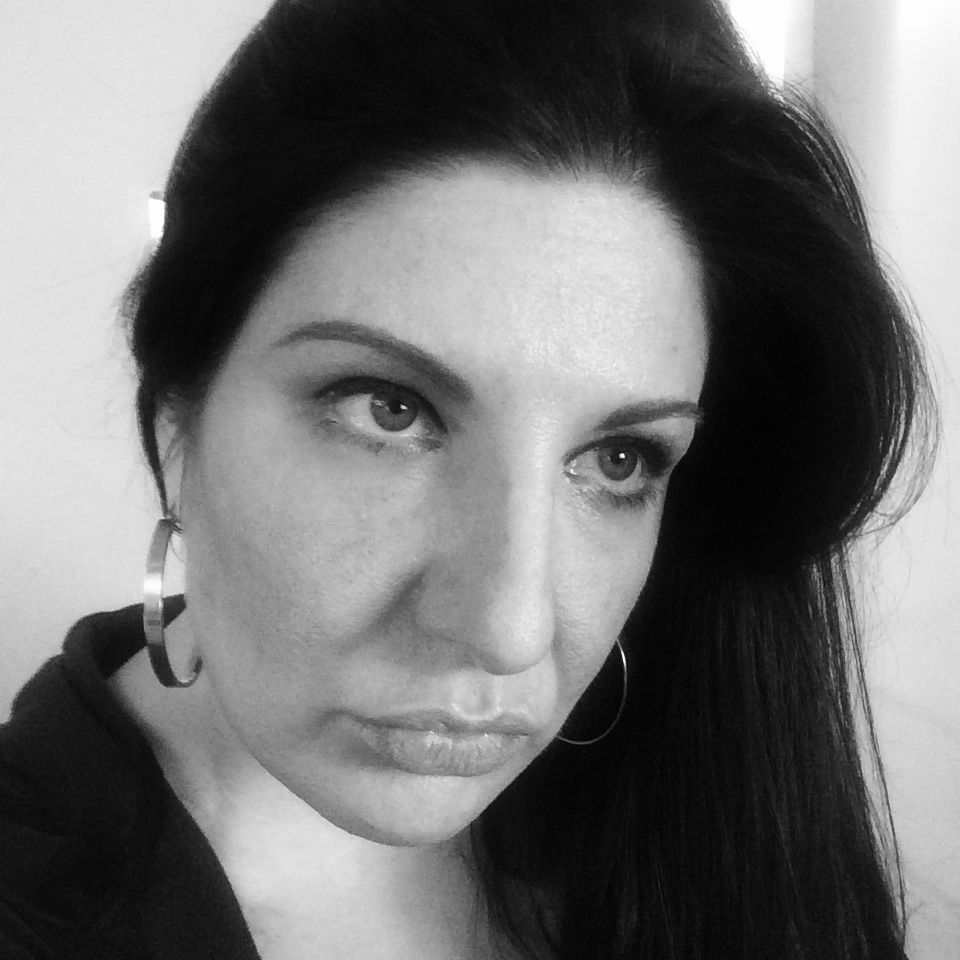It’s disconcerting – one morning, coming downstairs to brew my coffee, I hear a higher-pitched female voice crooning, “Come on, baby, roll over. Roll over! You can do it, baby.”
 Frost still on the window, my husband’s playing home movies from when our first child was born eight years ago. The mommy voice making me cringe is mine: There’s my tiny daughter, belly-down, face scrunched up, struggling to overturn herself onto her back.
Frost still on the window, my husband’s playing home movies from when our first child was born eight years ago. The mommy voice making me cringe is mine: There’s my tiny daughter, belly-down, face scrunched up, struggling to overturn herself onto her back.
When she finally does it, her exposed umbilical hernia wiggling, my voice hits an even higher note as I say, “You did it! Baby, you did it!”
Why does this bother me so much, my vulnerability loud in my mother voice? Perhaps because my chosen persona is tough: dark, wild-haired, lots of silver rings and chains, black-studded motorcycle jacket, ripped jeans – a woman with swagger.
Yet, part of that swagger is in my mind: In real life, I’m carrying a blond toddler boy moving like a Tasmanian devil in one arm, and holding my elfin daughter’s tiny hand in the other as she tries to skip away.
My bent back, carrying the weight of two bodies borne from mine.
/
My first writing mentor, a prominent woman poet – she also never married or had children – studied with Anne Sexton, one of my muses. Mothering wasn’t enough to keep Sexton rooted here. Or did it uproot her?
During workshop, my mentor shared an anecdote about persistence: In her graduate school class, she was one of eight, and the only woman. Yet, she was the only student who became a poet of note, simply because, according to her, she persisted in her writing and submitting.
In graduate school (before marriage, before children), I fell into a pesky trap, thinking a woman poet must dedicate her life to art: living austerely, writing rather than eating, living alone rather than choosing a partner, not having children. Primarily: persisting in her art.
Yet, our lives go the way they go. I met a man and married him, and we had two children. I was still a writer, yet a writer with two small humans, constant, dependent. My breasts heavy with milk, stomach still loose from childbirth, always, always exhausted.
In an article on VIDA, “Report from the Field: To Go to Sea: Making a Place in a Male Literary Landscape,” Rachel Richardson writes about hearing confusing writing advice from a male writing program director while she was pregnant:
They had invited a prominent woman poet as the visiting writer of the semester; she wore rainbow knee socks and read juicy poems full of the body, childbirth, and children… During her visit, we all celebrated her work. But a few weeks afterward, my program director told me, “You’re a good poet. You wrote a good book. You’ll be fine as long as you don’t start writing mommy poems.”
I had no idea how to file this conflicting input. … hadn’t he invited this prominent writer, whom he now seemed to be dismissing as a cautionary tale? And what on earth was a Mommy Poem? Is a poet who is a mother not supposed to admit to that fact in verse? Does a child appearing in a poem diminish it? If the speaker’s body is a vessel, does her brain stop being interesting?
Is that really how it is, if your mother voice takes over a poem, the work is diminished? If your body is a creatrix for another body, that body swells into your art, depleting you? If you’re a mother who writes as a mother, you’re no longer a writer?
/
I published one of my first poems in Alaska Quarterly Review right after I finished graduate school, and then my first chapbook came out in 2007. Then I didn’t really publish anything until 2012. During those five years, I had my first child and I was writing, but not actively focused on submitting. My daughter and son were born four years apart – I had two difficult pregnancies; both were born early (my son nine weeks, my daughter three) and each spent weeks in the NICU. Those experiences catalyzed my writing, which contained a rawer love, grief, vulnerability and a frantic desire to create art, since time had become scarce.
A poem, “Necessary Work,” that I wrote about my daughter’s time in the NICU, when I was overcome with worry, won Ruminate Magazine’s Janet B. McCabe Poetry Prize in 2012, and was selected by Li-Young Lee, a poet I admire so much. That moment pushed my belief that mother/children poems do have a place in the literary world, and that’s good for me because so many of my poems now touch on the concerns of motherhood: how the mother-body fails a baby during pregnancy, the mother love and the mother guilt (I’m not doing enough, I want to run away), the immense and crippling love we feel for our children:
Your life starts with one word, sing, a prayer candle set
floating in my womb, yes, one word, then another. Hear this: Jug. Rice.Tears on stone. Broken-necked lily. Hold on. Winged baby. Sing. While you’re
in the hospital, my kitchen is cursed: My hands are afraid to break apartthis bloody meat, to mingle my fingers with warm sinew and tendon,
to pat spice and salt into flesh. My grandmother set a place for the dead,if her soft-footed brother might drop from heaven into the night kitchen,
looking for bread or sweet milk, the way the living look for love.
In “Baby Poetics,” published in The American Poetry Review, Joy Katz touches on one of the difficulties of writing the mother/child poem, which is that we as writers and readers both must find the baby or child trope “wondrous”:
People are expected to have certain feelings about children. A baby activates a set of cultural expectations that operates, in a poem, like subliminal advertising. For instance, babies are supposed to be wondrous. The fact that many people find them so, and that I am expected (by my mother, if not many others) to find them so, pressures the poem. The expectation is out there, daring me to find the baby other than wondrous. A baby in a poem always threatens to make me feel one of the things the world expects me to feel—if not wonder, then love, awe, tenderness. That pressure means the possibility of sentimentality is strong, no matter what the poem is actually doing.
It’s that expectation of sappy sentimentality that actually doesn’t permeate the work of mother-writers I admire so much: Traci Brimhall, Juliana Baggott, Maggie Smith, Jenn Givhan and Molly Sutton Kiefer, just to name a few. What does is the reality of life with children, how love and grief expand, about how our conception of time alters, speeds up, slows down.
A poem that does this so well, and that I return to often, is Smith’s “At your age I wore a darkness”, in which she considers depression, what she’s handing down to her daughter and her daughter’s life after she’s gone, framed against her daughter asking what’s beyond the sky:
What can I give you
to carry there? These shadows
of leaves—the lace in solace?
This soft, hand-me-down
darkness? What can I give you
that will be of use in your next life,
the one you will live without me?
Similarly, in a poem I published in Tinderbox Poetry Journal called “Somewhere, Another Woman Tells Her Husband Why She Doesn’t Want a Child,” I write what I’m willing to do for my children after learning that a local girl has been brutally beaten and her body thrown in a dumpster:
They play (faces red in leaves)
happily beyond my shadow,
not knowing who watches
from the woods.I’ll never know
their last momentwith me, as if the parting
of our bodies
in the delivery room wasn’t
already our mostbinding pain.
I listen as my daughter prays
the Hail Mary, blessed are you—in the hollow where I don’t
speak, I ask to take their place.Someone must be given.
/
The mother voice can be keening and sweet, but it’s also hard-edged, ferocious, a storm growing at the edge of a field and then bursting overhead.


